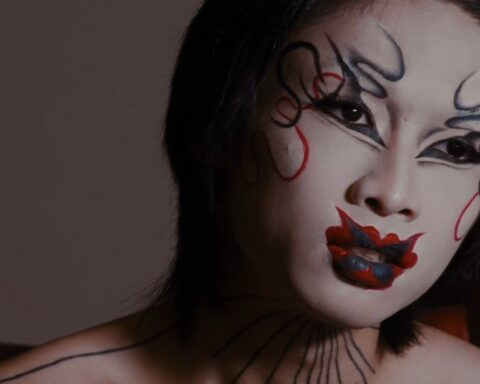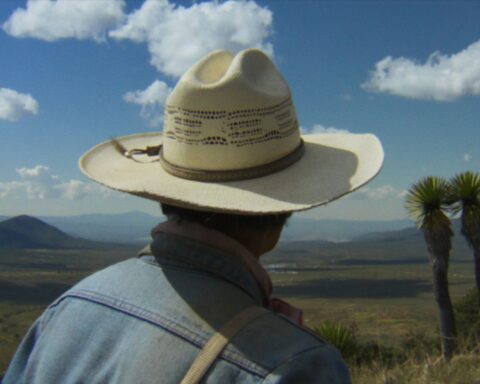Minding the Gap
(USA, 100 min.)
Dir. Bing Liu
Kartemquin Films has enjoyed a long history as one of the benchmark homes for socially conscious documentaries about everyday Americans. That tradition for excellence looks to be in good hands as director Bing Liu confidently announces himself with one of the most remarkable directorial debuts of the year with Minding the Gap. It could prove to be the Hoop Dreams of a new generation. (Hoop Dreams director Steve James is among the film’s executive producers.) Liu offers a frank portrait of his tightly knit social circle of skateboarder friends as they rule the streets of Rockford, Illinois, a derelict town in the Rust Belt of America, and he dexterously develops a behind-the-scenes skate video into an absorbing study of the dynamics of race, poverty, gender, class, and violence that shape society.
Liu introduces audiences to his friends Zack and Keire as they goof around with a carefree spirit that some viewers may find immediately relatable. When the film begins, they’re enjoying that brief period between the innocence of adolescence and the responsibilities of adulthood. They goof around and cruise through the skate parks, construction sites, vacant municipal terraces, and just about anywhere they can catch some speed and ride the rails.
Minding the Gap captures the dynamics of the group in fluid, enthralling cinematography as Bing trails his friends on their skateboards. There’s a freshness and youthful vitality to the film, both in the subjects we see and in the hand behind the camera. Liu’s fine eye quickly catches a dynamic that unites boys in their camaraderie. Skateboarding offers an outlet for the sadness and loneliness they experience at home.
The doc takes a while to find its groove, but once it does, Liu finds a rich character study in what at first seems to be an aimlessly extraordinary skateboarding project. Liu looks at his group of friends and wonders why they all left home as young men. He, Zack, and Keire find great therapy as the camera offers an ear to their stories. They all have tales of abandonment and abuse. Liu speaks about the stepfather who beat him for years, and he realizes that Zack and Keira share his experience of coming from violent homes. The young men speak openly and honestly—their interviews are disarmingly candid—as they let great weights off their chests by revisiting years of abuse that shaped how they are today.
The stories extend beyond the skateboard parks as Liu folds his own history in the narrative. He sits down with his estranged mother who calmly and painfully acknowledges the horrible things that her ex-husband did to her family. She knows that nothing can change the past, and this is something that Bing and company all agree on, but she encourages her son to make the film and explore whatever he needs to say to find closure.
Liu’s interrogation of violence and trauma also intervenes in a potentially volatile situation brewing in his circle of friends. Zack is a new father, but the aggression he shows towards Nina, the mother of their son Elliot, is cause for concern. Minding the Gap sees the group of friends confront the issue directly by sharing recordings of feuds between Zack and Nina and asking if their friend has the potential for violence. They generally don’t agree that he does, but Liu’s camera captures an out of control alcoholic who shouldn’t be anywhere near a young child. Zack knows this and he escapes, only later to unburden him himself remarkably just as Keire does while reflecting upon the father he barely knew.
Minding the Game poignantly weaves through the lives of these young adults as they confront their responsibilities in this world. There are revealing conversations about race and white privilege as Keire, the only Black friend in his group, listens to peers gripe about relatively minor problems when he nearly gets shot by a cop during a roadside stop. There are troubling comments about misogyny and masculinity, like Zack’s way of rationalizing that he would never hit Nina, saying, “You should never beat a woman, but sometimes bitches need to be slapped.” Liu goes there, showing his friends at their highest and lowest, and the intimate proximity of the camera between the subjects, and ultimately himself, proves transformative. Minding the Gap is intimate and personal filmmaking at its finest.
Minding the Gap opens at Hot Docs Ted Rogers Cinema on Sept. 28.
For a second take on Minding the Gap, read Liam Lacey’s review from Hot Docs.











